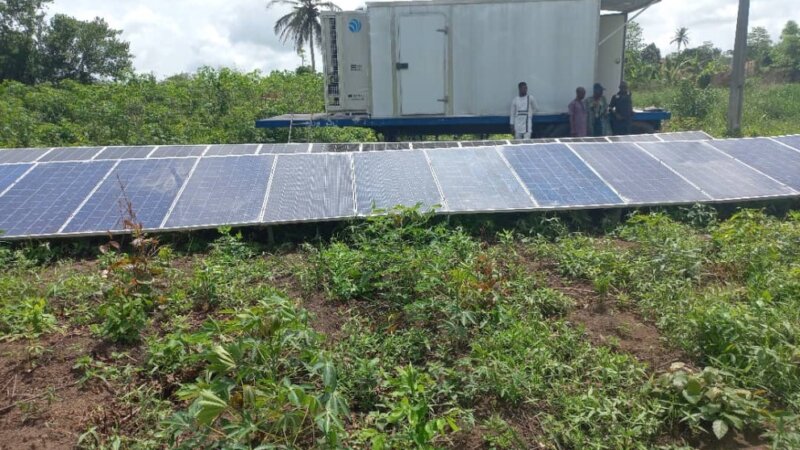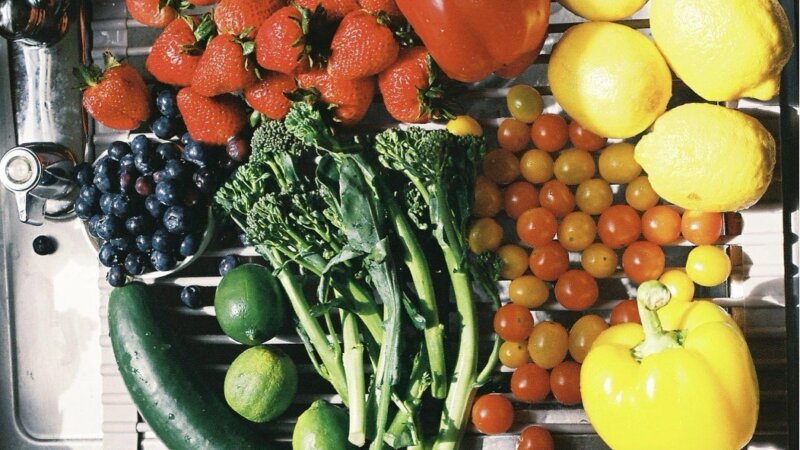Transforming Manure Management in Southwestern Uganda
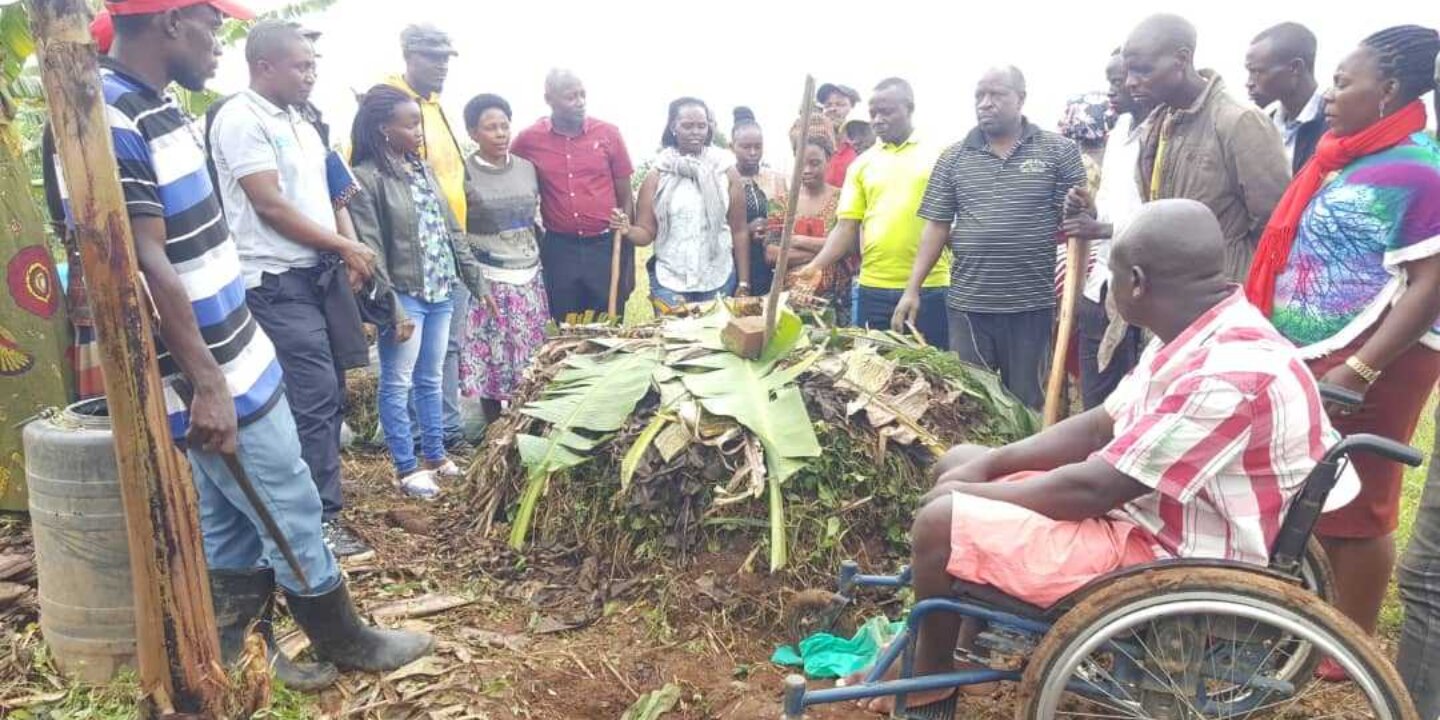
Addressing farmers concerns on the compost process during the training in Southern Mbarara, Uganda
In the dairy industry, manure is often seen as a waste or residual product, but it is a valuable resource that should be used to enhance soil quality and crop productivity. In addition, proper management of manure will reduce the negative environmental impacts of dairy farming. Moreover, manure can replace synthetic fertilizers and, in this way, also contribute to improved farmers income. Despite the potential benefits, proper management of manure is still a challenge, especially in East African farms. The recommended approaches are often not adopted due to numerous obstacles such as lack of technical know-how, insufficient labour, lack of space, time and capital for investments.
NEADAP is working to address this challenge by providing training and support to farmers and extension advisors on manure management practices. As part of its Manure Management Component, NEADAP organized a training in Southwestern Uganda, for extension officers of the Integrated Smallholder Dairy Program (ISDAP) in April 2023.
Participants learned about the different types and characteristics of manure, the processes of nutrient loss, and various manure management practices. They also visited local farms to evaluate current manure management practices and provide recommendations for the farmers
The training included a hands-on component on composting manure in combination with other organic materials. The participants learned about heap and pit composting and had the opportunity to practice the process themselves. Composting training is crucial for farmers as it equips them with knowledge and skills to produce high-quality compost, enrich soil fertility, and improve crop yields sustainably.
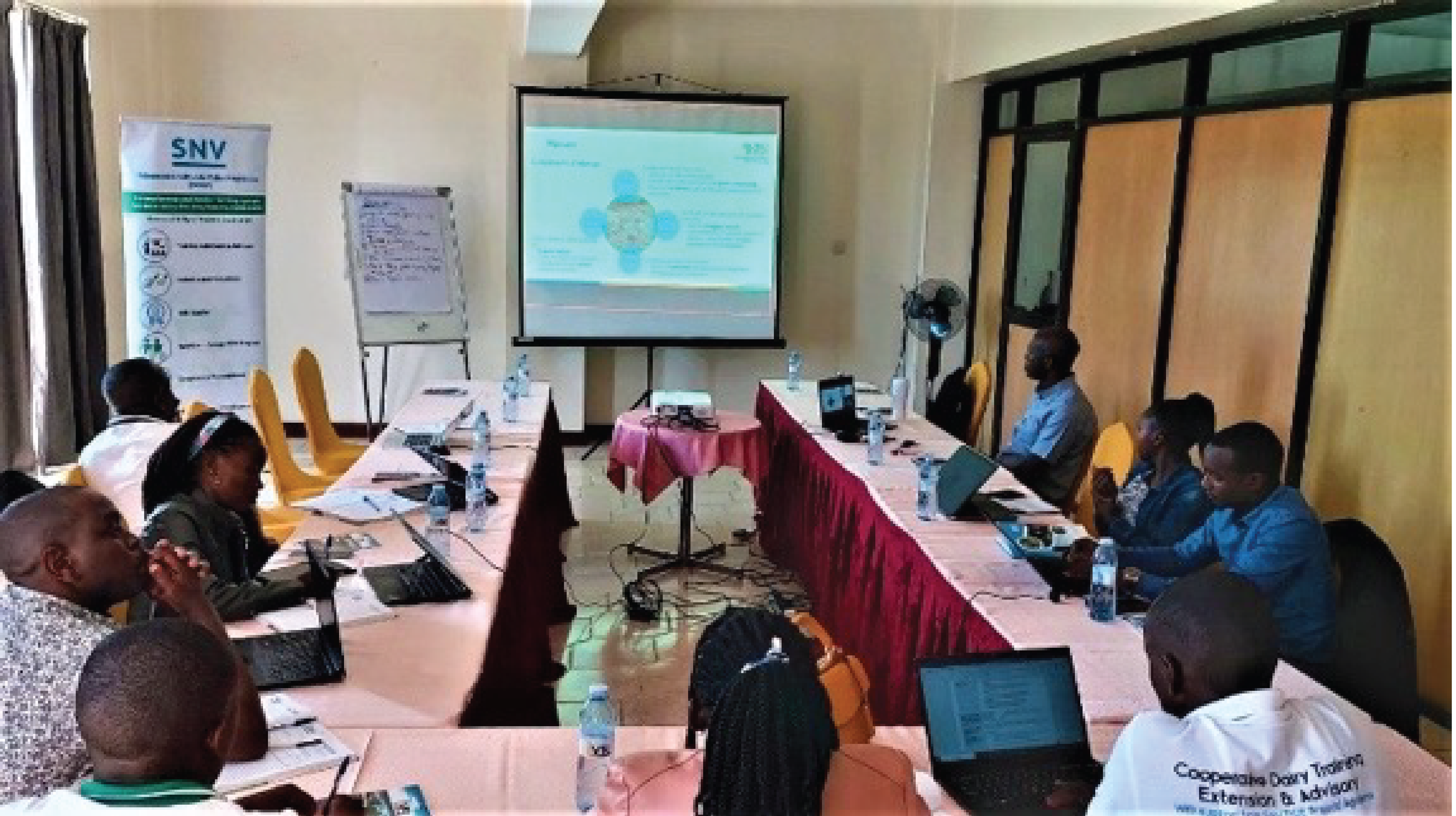
Training session in Mbarara, Southern Uganda
NEADAP’s Manure Management Consultant also shared the experiences with the ongoing improved manure management practices in Kenya, providing a guide for advising farmers on how to improve their own manure management practices.
"The main purpose of the training was to equip ISDAP Fields officers and village facilitators on manure handling and utilization, contributing greatly to improving farm production and productivity." - David Martin Tusasiisbwe, ISDAP advisor. "The training was timely and the ISDAP staff were able to comprehend the dos and don'ts when making compost," he added.
Proper manure management presents an important opportunity for East African dairy farmers to improve farm productivity and reduce the negative impacts of dairy farming. NEADAP's training on manure management provides valuable knowledge and skills for field officers and advisors to enhance their capability to train and guide farmers on the implementation of improved manure management practices.
Last year, NEADAP organized a similar training in Limuru, Kenya, to provide extension officers with knowledge on the concept and methods of improved manure management.
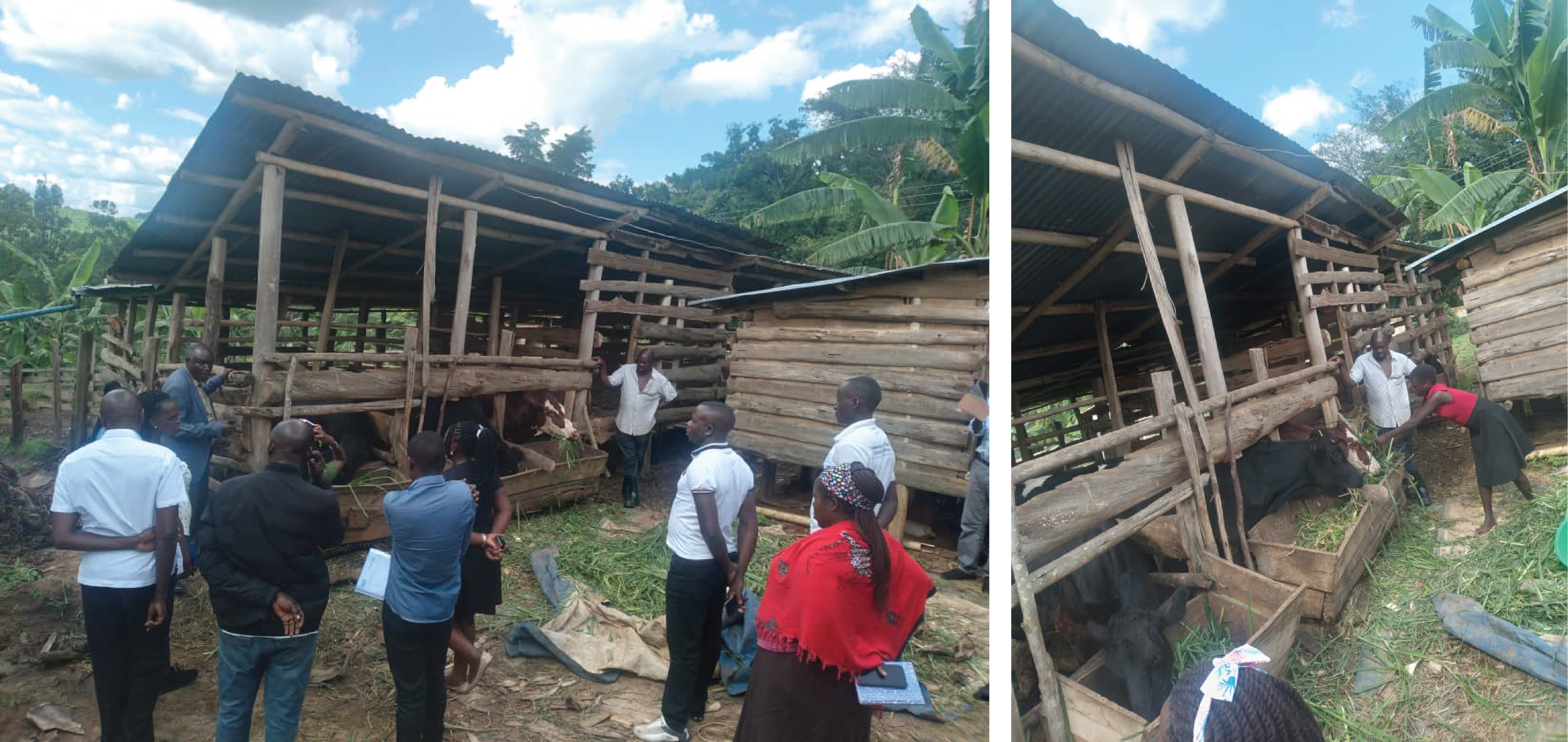
Farm visit during the manure management training
Building on the success of the Limuru training, NEADAP continued its efforts to improve manure management practices by organizing this latest training in Uganda. Through these trainings, NEADAP is working to enhance field officers' and advisors' knowledge and skills, and ultimately help dairy farmers implement improved manure management practices on their farms and enhance their livelihoods.
Interested in Manure Management in East Africa?
Please Contact: Our Solution Lead Bram Wouters at [email protected] or Naomi Chepsuge, Manure Management Consultant at [email protected]
Authors

Naomi Chepsuge
Jr. consultant Manure management

Alex Mounde
Communication officer NEADAP


